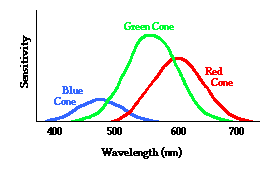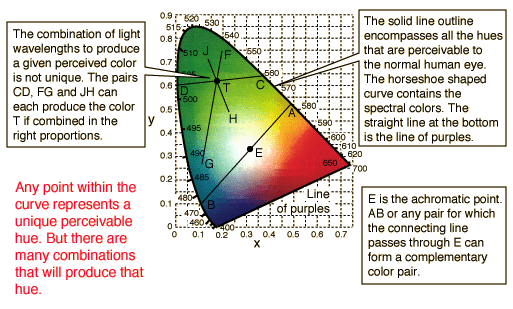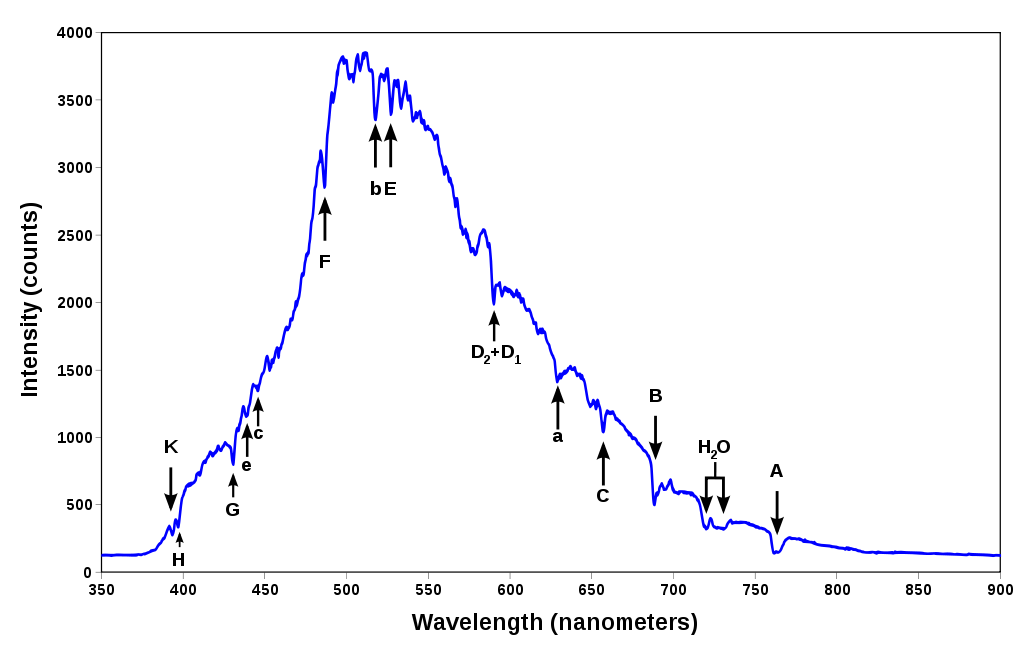Given on a clear sunny day, the only light that is blocking the star light is the scattered blue light of atmosphere.
If we make use of a notch filter, which blocks only the blue light, can we get to see the stars? Will the sky turn black and give us a feel as if there is no atmosphere?!
Or is the atmospheric scattering spread across a wider spectrum that a filter to block the scattering light ends up blocking most of star light too?!



